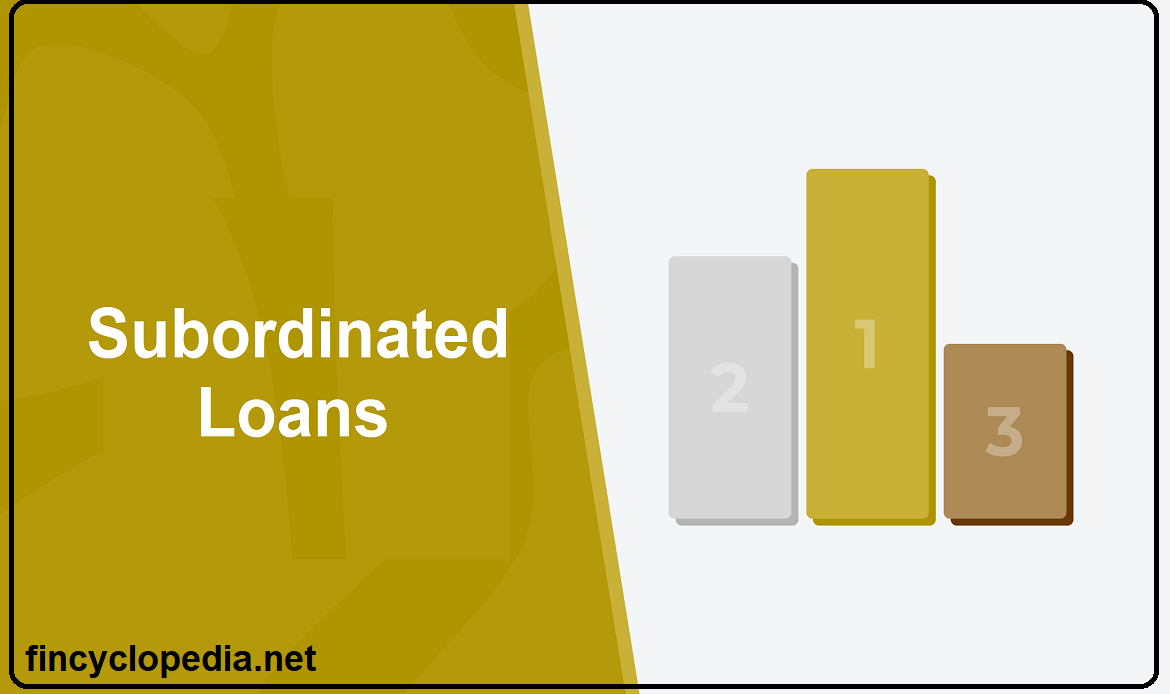A classification of debt (whether in the form of loans, securities or similar items) that ranks below other classes of debt in terms of claims on an issuer’s assets or earnings in case it (the issuer) falls into liquidation or bankruptcy. Subordinated debt represents the debt tranches lower in priority of repayment compared to senior secured debt instruments (first lien instruments).
At the time of repayment or settlement, senior debt (including liens secured by collateral) has first claim as compared to subordinated debt. In the event of bankruptcy, subordinated debt is settled after senior debt but before common equity. For lenders, subordinated debt is by nature riskier than secured debt, and therefore the interest rates on these debts is typically high.
Subordinated debt may be an unsecured loan that ranks below senior loans or debt securities. Subordinated debt takes several forms such as mezzanine debt, asset-backed securities, and bonds.
Subordinated debt is also known as a junior debt.






